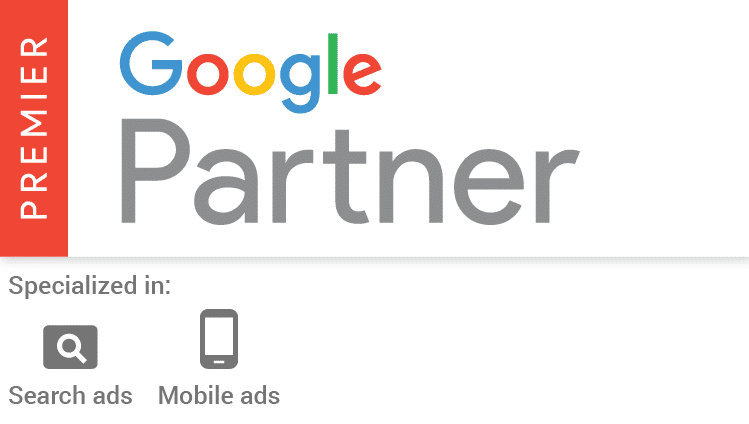When it comes to Internet marketing, you’ve got loads of options to choose from. That’s the good news…and the bad. Here’s the second installment of my advice for separating contenders from pretenders.
Last week shared the many options home improvement companies have for Internet marketing help.
Unfortunately, there are a lot of pretenders out there, and choosing them can lead to losing out on your online opportunity, as well as wasting your money.
This week, I want to help you sort through your choices, and differentiate among the good, the bad and the ugly.
Advertising Agencies
When most ad agencies show home improvement prospects their Web capabilities, they start by showing beautifully designed Web sites they’ve created. These Web sites are often visually sophisticated, with beautiful animations that really light up the screen. They’ve probably won awards and would make your friends “ooh and ahh”.
But that’s just not the right way for a home improvement company to judge an ad agency. While a firm’s design prowess is certainly one aspect to consider, it shouldn’t be high on your list of priorities.
What else do you need to consider? You want to ensure that your prospective agency has on its team in-house search engine optimization and paid search personnel. You also want to consider the experience of those individuals. Have they been working in those specialties for years? How many clients does the agency have who use its online services? Does the agency understand local online marketing targeting consumers? Have they been creating campaigns that have been judged on qualified sales leads they generate, rather than just on their good looks?
If an agency can’t convincingly answer questions like these, you may want to look elsewhere.
Marketing Consultants
Internet experience is the critical element here. Many home improvement consultants have excellent knowledge of both home improvement as well as conventional marketing channels—direct mail, broadcast, etc. But, when it comes to the Internet, if you have to select between a consultant with online experience and one with knowledge of home improvement…choose the former.
That’s because you can more easily impart your home improvement knowledge to an Internet-savvy consultant, than bring a home improvement marketing consultant up to speed on the Internet.
SEOs
The art and science of search engine optimization is so new that it’s often hard to distinguish who’s the real deal. That said, I want to offer some lines of questions you should explore:
- Have you ever optimized a local Web site? I’ve written that optimizing your Web site to rank high for terms like “roofing” is a difficult, time-consuming and expensive proposition. Besides, even if you were successful, a search term like that will generate visitor traffic from across the country—way outside of your company’s operating area.“Local SEO” calls for optimizing your Web site for local terms, like “Pittsburgh roofing.” This represents a much more reasonable approach for a home improvement company. But it’s also a different kind of a challenge for most SEOs.
For instance, you’ll want to see examples of how your prospective SEO has optimized Web sites for Google Maps, Yahoo Small Business and local search terms. - What examples can you offer of how you’ve boosted Web site traffic based on your optimization efforts? Good SEOs know their numbers, and are generally delighted to share traffic increase statistics associated with their campaigns.You should focus the discussion not on the total traffic, but on the amount of improvement the SEO’s work has produced. If a prospective SEO tells you “We boosted the Web site’s traffic up to 5,000 visitors per month,” respond by asking “How much of that is due to your efforts?”
And, don’t fall for the “we got them onto the first page” trap. A prospective SEO may tell you that “we got the Web site onto the first page for the term ‘Orlando slate roofing company’.” That’s great. But the important point is how many homeowners actually search on that term. An increase in overall Web site traffic is far more important than a single first page ranking.
I hope this helps as you continue to sort through the bewildering universe of Web marketing options out there. See you next week.
